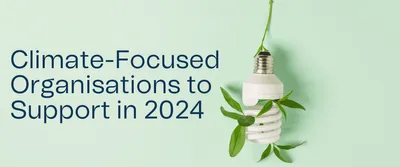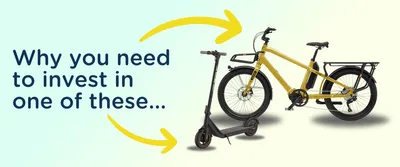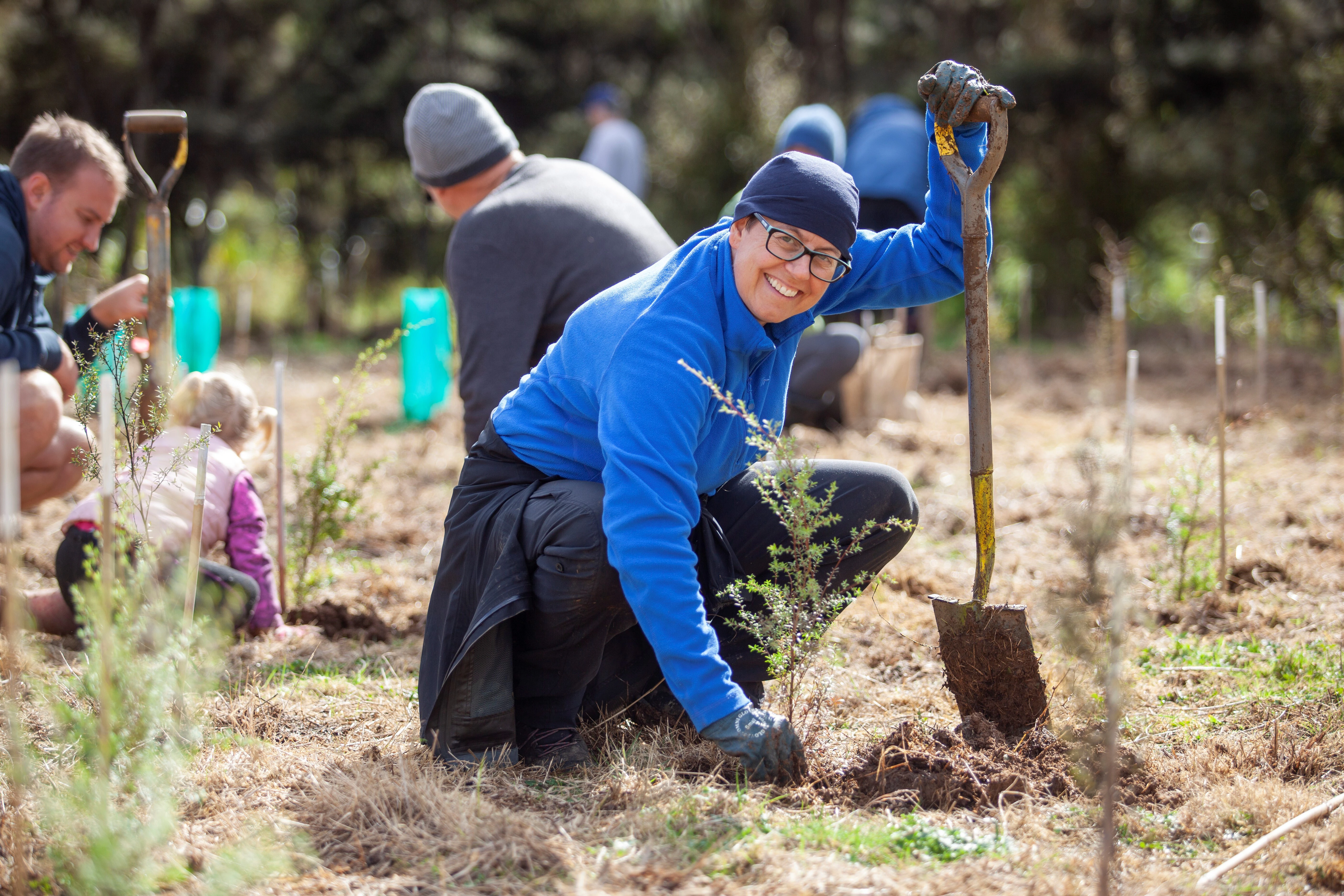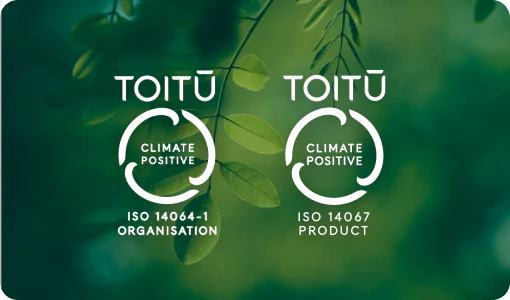Ecotricity’s guide for sustainable eating
21/05/2020
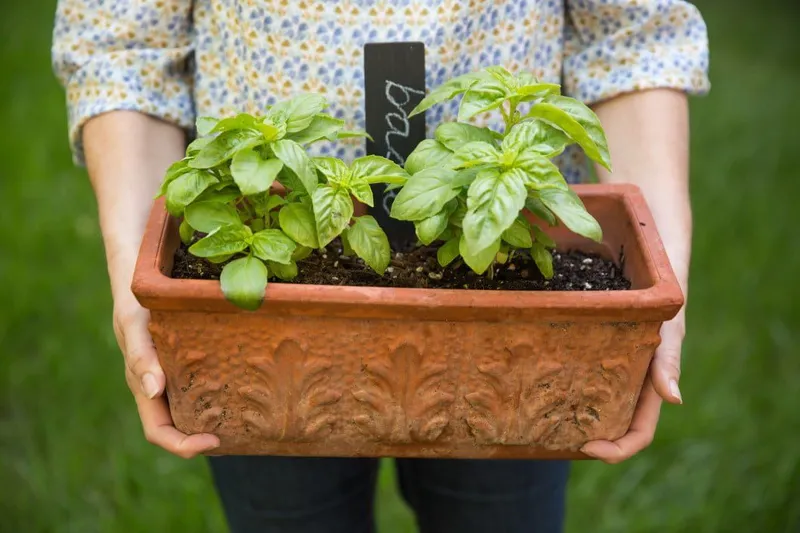
About 30% of waste in New Zealand is food waste. Much of this ends up in landfills where it produces methane instead of naturally decomposing. While we can reduce our food waste footprint by composting, we can also cook and eat in a more sustainable way. By taking the time to consider your cooking and eating habits, you will use fewer resources and generate less waste. This will benefit the environment, and it will save you money since your food resources will stretch further.
Here are three easy ways to improve the sustainability of your eating habits.
Reflect on portion size
If you know that it’s one cup of rice for two cups of water, it can become second nature to cook a whole cup of rice. Will you actually eat a whole cup of rice though?
A good way to reduce food waste is to cook exactly the amount you plan on eating. This will reduce leftovers and make your supplies stretch.
This principle is especially applicable to meat. As a society, we eat for more protein than we need, especially when it comes to meat. Reducing meat intake is generally healthier for us and better for the environment.
Use your leftovers
How often have you forgotten about fresh things in the fridge until they’ve gone off or left your leftovers until far too late? You are in good company, but hopefully we can all do a bit better.
Here are two ways to prioritise eating food that is about to go to waste:
- Schedule a “leftover” meal once or twice a week : In a leftover meal, you prioritise eating leftovers or using food that is about to go off. This is especially fun for kids, who may delight in breaking conventional food rules and eating a strange combination of whatever is in the fridge.
- Find creative ways of repurposing unloved food : There are lots of ideas on the internet for repurposing unloved food. Got spare cooked rice? Try heating it with milk and sugar and eating it for breakfast. Got a few stale ends of bread lying around in the bottom of a bag? Try a bread pudding– it’s simple, easy and delicious. Love Food Hate Waste has a number of great recipes geared towards reducing waste.
Is there a recipe for that?
Often times the things we can buy in the supermarket are things we can make at home. Homemade food is less processed and cheaper. And, most relevant to this conversation, food we make is less likely to go to waste since we invested time into making it. So try a new recipe for something you would normally buy, like pasta or yogurt. You may be surprised by how easy it is to make your own food.


